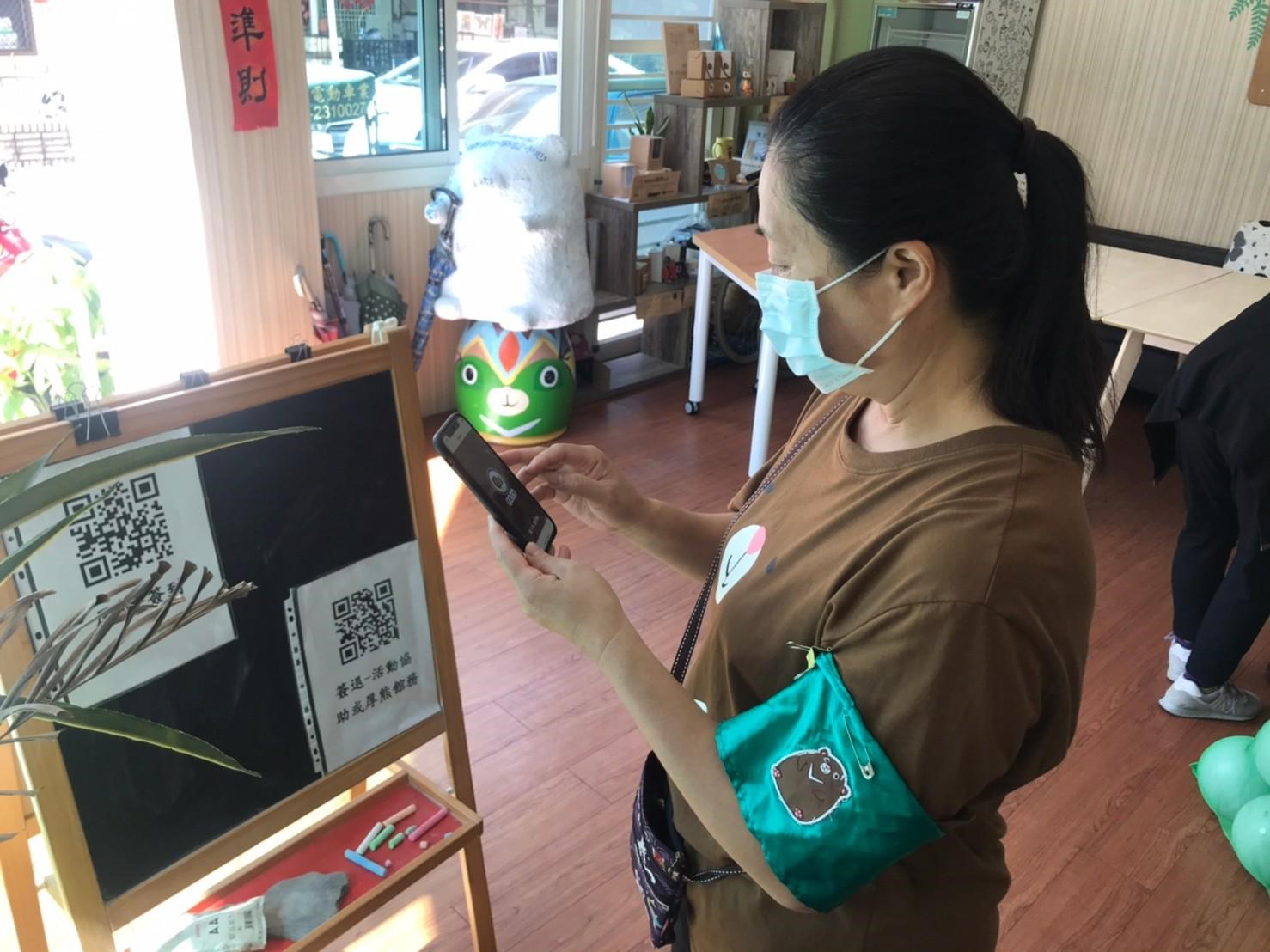Applying New Tech in Education

Author(s)
Ta-shu ChiangBiography
Prof. Chiang is currently a distinguished professor in the Department of Public Policy and Administration at NCNU. He has over 20 years of experience in the Public Policy and Administration Field. He was assigned the additional responsibilities of Academic Vice President from 2016 to 2020 and Dean of Academic Affairs from 2012 to 2020. Since 2013 he has worked as Director at Shui Sha Lian Research Center for Human Innovation and Social Practice. During these periods he has been involved in social practice issues and regional and local development concerns.
Academy/University/Organization
National Chi Nan UniversitySource
https://www.doc.ncnu.edu.tw/chisp-
TAGS
-
Share this article
You are free to share this article under the Attribution 4.0 International license
- HUMANITIES & SOCIAL SCIENCES
- Text & Image
- June 01,2021
Taiwan Regional Revitalization as a national level security policy was officially approved in 2019. Adhering to the Taiwan government's policy of balancing urban and rural development, since 2019 the teams of National Chi Nan University (NCNU) have worked proactively with six townships to achieve the aim of revitalization planning and implementation, including in Puli, Guosing, Renai, Mingjian, Caotun, and Jiji in Nantou County. On the basis of the Humanity Innovation and Social Practice (HISP) Project, sponsored by the Ministry of Science and Technology and the University Social Responsibility (USR) Project, and supported by the Ministry of Education, NCNU has stimulated regional growth and innovation through strengthening local connections and cooperation. NCNU is dedicated to social practice and regional revitalization through industry-academia cooperation and interdepartmental and interdisciplinary collaboration which involves various departments and requires cooperation and participation between central and local governments, as well as local community and civic organizations to respond to local and regional development concerns. Our past experience was used as a foundation to continue the promotion of regional revitalization for systematically formulating a blueprint for the sustainable development of rural areas.

Taiwan Regional Revitalization as a national level security policy was officially approved in 2019. The promotion of Regional Revitalization involves various departments and requires cooperation and participation between the central and local governments, as well as local communities and civic organizations. On the basis of the Humanity Innovation and Social Practice (HISP) Project, sponsored by the Ministry of Science and Technology in 2013 and the University Social Responsibility (USR) Project, supported by the Ministry of Education in 2017, the NCNU has stimulated regional growth and innovation through strengthening local connections and cooperation. Adhering to the Taiwan government's policy of balancing urban and rural development, the teams of National Chi Nan University (NCNU) have worked proactively with six townships to achieve the aim of revitalization planning and implementation since the year 2019.
To respond to the major regional development needs and issues concerning environmental protection, smart farming, agricultural recreation, tourist accommodation, long-term care services, social welfare systems, and rural education, NCNU has been the catalyst to form transdisciplinary teams that urge academics to take on social responsibilities in regional development. Besides integrating academic research and social practice through implementing interdepartmental, interdisciplinary, and inter-team collaboration among faculty and students, or through further integrating the resources of regional governments and industries to co-foster the innovative development of local industry clusters, NCNU has followed the five main strategies of enterprises investing in hometowns, the introduction of technology, the integration of agency resources, social participation in regional revitalization, and brand establishment to assist in planning and implementing six townships’ Regional Revitalization Plans, including in Puli, Guosing, Renai, Mingjian, Caotun, and Jiji in Nantou County.
For promoting and implementing rural revitalization work with regional unique characteristics, NCNU joined together with related local agencies and ministries to assist regional governments’ use of the “human-centered approach,” “unearthing distinctive regional DNA,” and “introducing technologies to boost industries” to identify the distinguishing features and advantages of each region, and to develop new economic and business models with the aim of sparking innovative growth momentum and driving regional industrial development. The cover photo shows an actual case of introducing new technologies into community management. To reduce the administrative burdens for localized healthy aging, a mobile application related to a long-term care app (LCT App) was designed and developed. The tool has been used in given scenarios, such as the allocation of caregivers or volunteers and the assignment of faculty for courses in the community. LCTApp is an innovative strategy for the management and assignment of manpower for long-term care service stations in rural areas.
As of the end of April 2021, NCNU has assisted local governments in presenting six regional revitalization plans. The projects of Puli and Guosing were successively approved and actioned, and the project proposal of Renai is currently being reviewed in the Executive Yuan Regional Revitalization Board (RRB) work meetings process. Planning continues with respect to the remaining three projects (Mingjian, Caotun, and Jiji). According to our prior working experience, holding meetings, having in-depth conversations with regional groups, co-planning, and proposing projects through establishing a localized Regional Revitalization Board to reach a consensus on regional revitalization are crucial processes which directly impact the creation of a structure for consensus formation, coordination, and cooperation among actors sharing the same goal of regional revitalization.
NCNU is dedicated to social practice and regional revitalization through industry-academia cooperation and interdepartmental and interdisciplinary collaboration to respond to local and regional development concerns, and has set this concept as an application of "Localogy." Our past experience was used as a foundation to continue the promotion of regional revitalization for systematically formulating a blueprint for the sustainable development of rural areas.
STAY CONNECTED. SUBSCRIBE TO OUR NEWSLETTER.
Add your information below to receive daily updates.




